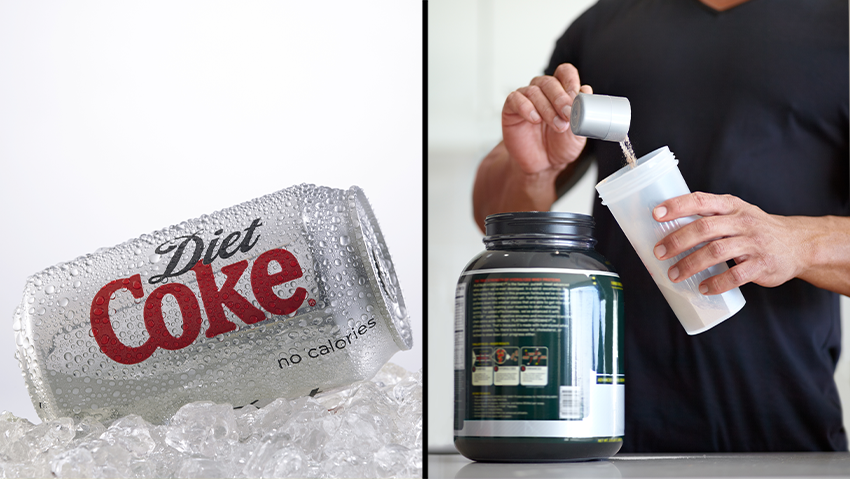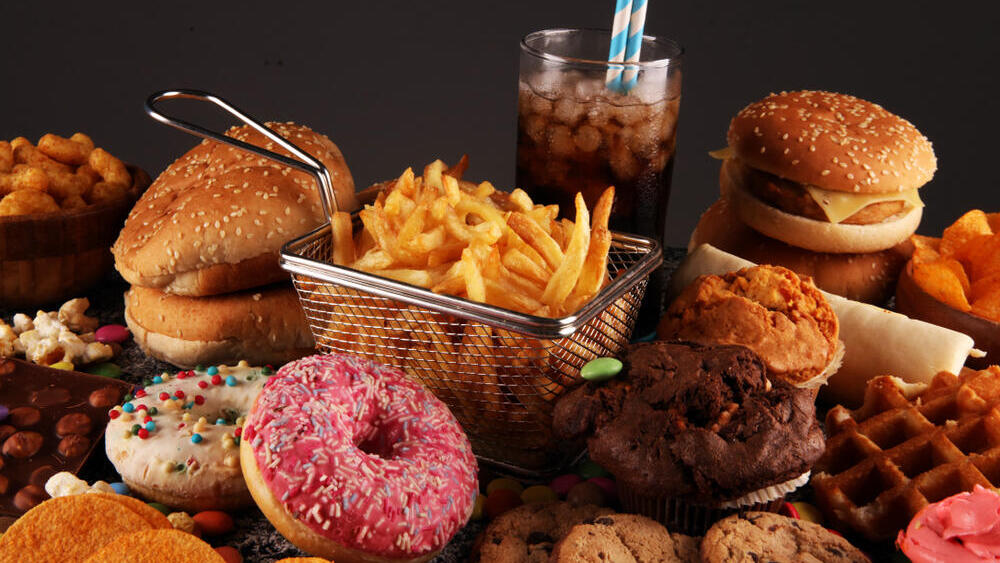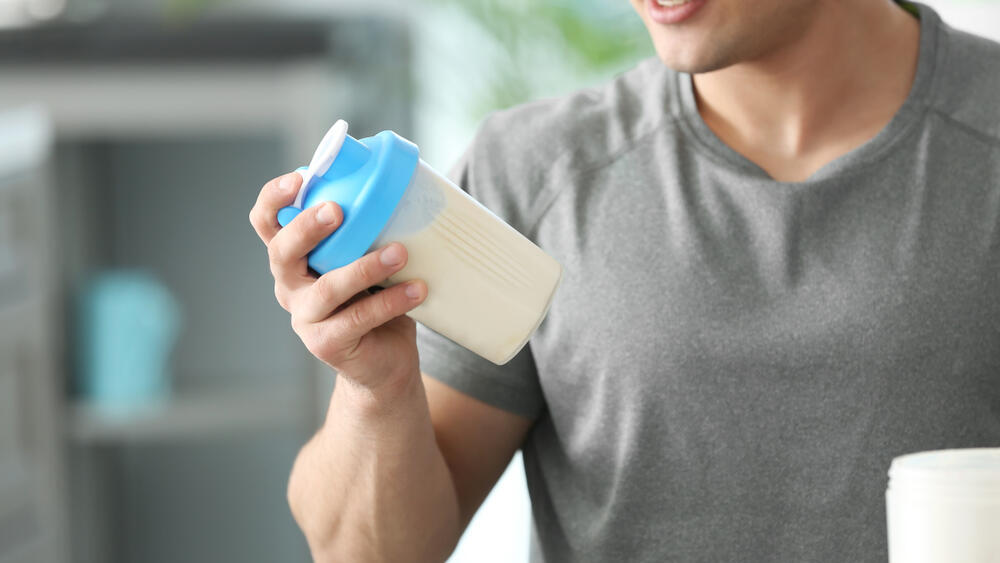Getting your Trinity Audio player ready...
A growing trend on social media platform TikTok suggests mixing diet Coca-Cola into a protein shake. Despite the concoction’s growing popularity, Maccabi Healthcare Services clinical dietitian Adi Meged says this combination is unhealthy and could even be dangerous.
"I definitely don't recommend adding diet cola to your protein shake," Meged said. "It's not advisable because it's an ultra-processed food, meaning it contains a high amount of artificial and industrial ingredients. Protein powder itself is packed with ultra-processed ingredients, as is diet cola, so combining the two creates a very unhealthy shake."
Meged explained that ultra-processed food refers to products that have undergone advanced processing and fall into a category of foods containing ingredients meant to extend shelf life, improve taste or enhance appearance, but rarely contain purely natural ingredients.
These products include snacks, carbonated beverages, processed meat and ready-made foods. They often contain high amounts of sugar, salt, trans fats, preservatives and flavor enhancers.
"High consumption of ultra-processed foods can lead to various health issues, including obesity, type 2 diabetes and heart disease," Meged stressed. "It’s important to read food labels, choose natural foods and incorporate a wide variety of fresh ingredients into your diet."
Don’t try it at home
Meged explained that mixing diet cola with protein powder isn’t recommended for two main reasons:
Disruption of healthy gut bacteria balance: Both products contain numerous processed ingredients, such as phosphoric acid, artificial flavors and sweeteners like saccharin, aspartame and sucralose.
This creates a protein shake classified as ultra-processed, which can negatively affect the composition of beneficial gut bacteria. Such effects may lead to digestive symptoms, including diarrhea, bloating and other bodily issues, impacting the overall function of various body systems.
Excessive acidity: The processed ingredients in protein shakes, especially phosphoric acid, artificial sweeteners and flavors (also present in diet cola), increase the acidity of the shake, leading to excessive acidity in the digestive tract and stomach. This can cause heartburn, gas and general stomach discomfort.
Additionally, excessive acidity can affect the absorption of essential minerals like calcium, magnesium and iron. Highly acidic foods may hinder the absorption of these minerals, as high acidity can alter the environment necessary for absorption in the small intestine.
Minerals like calcium and magnesium require a more alkaline environment for efficient absorption, so an overload of acidic food can limit their availability to the body. Furthermore, an excess of acids puts strain on the body, particularly on the kidneys, which must work to break down these acids.
Impact on digestive systems
Our digestive system naturally hosts a population of beneficial bacteria. The more processed foods and ingredients we consume – such as preservatives, artificial flavors and colorings (found in protein powders and diet cola) – the more our gut bacteria are harmed.
"This disrupts their natural balance which can impair digestive function, potentially leading to unpleasant and unhealthy effects like diarrhea, gas, discomfort and absorption issues,” Meged said. “Generally, carbonated drinks increase intestinal motility as well."
Extensive studies on ultra-processed foods have revealed in recent years a higher incidence of inflammation due to consuming such foods, which in some cases may even lead to cancer. Consuming ultra-processed foods raises the risk of developing chronic illnesses like diabetes and heart disease.
"Ultra-processed food can harm all bodily systems," Meged explained, "causing inflammation, chronic diseases, cancer, digestive irregularities, diarrhea, damage to beneficial gut bacteria and more."
"Gut bacteria are at the forefront of current research and we know they positively affect all body systems: the digestive, nervous, and immune systems, disease prevention, blood sugar regulation, weight loss and more,” he said. “Damage to gut bacteria from drinking diet cola and consuming processed protein powders can weaken these systems."
What should you put in your protein shake?
"There are natural sweeteners like monk fruit, stevia, erythritol and more," Meged explained. "For shake additives, it’s best to include fruits rich in nutrients, vitamins, minerals and fiber. Adding fruits to our shake increases the population of beneficial gut bacteria. You can add berries, bananas, dates, apples and strawberries. It’s also good to vary fruit colors, as each color supports a specific family of gut bacteria."
 Adi MegedPhoto: Harel Ofir
Adi MegedPhoto: Harel OfirMeged suggested choosing a protein powder with minimally processed ingredients and as many natural colorings or flavors as possible. "Most protein powders on the market contain processed ingredients, so it’s important to look for less processed options," he explained.
To tailor your daily protein intake and consume as natural and unprocessed a diet as possible, it's recommended to consult with professionals like nutritionists and dietitians.
Get the Ynetnews app on your smartphone:




